Wine Pairing in a Meat-Free World
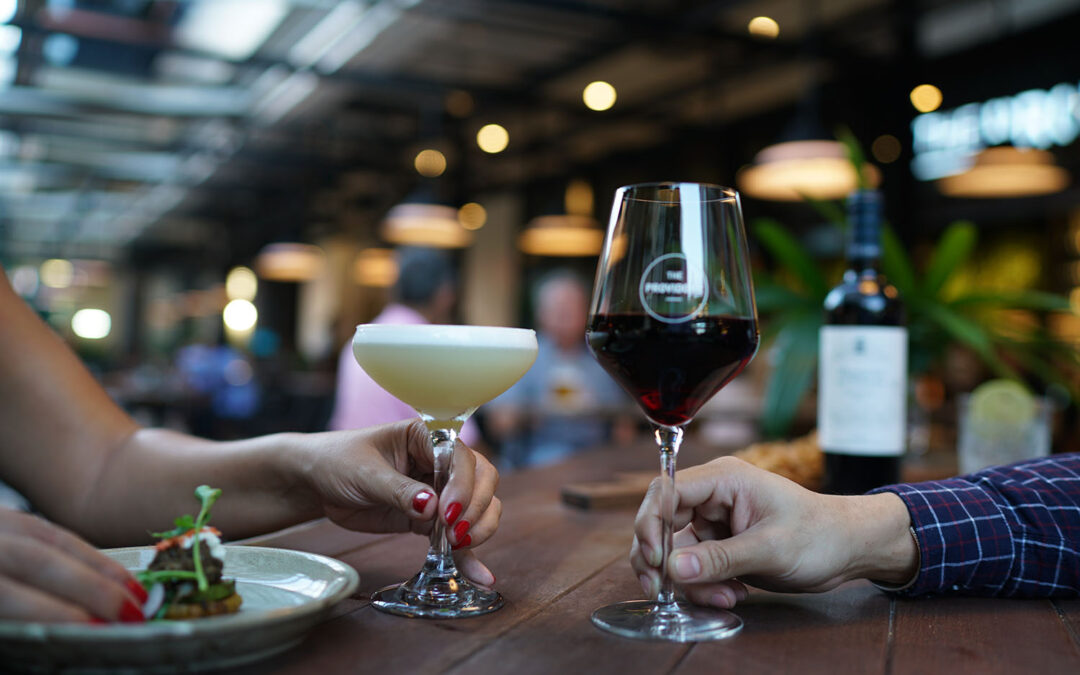
The past decade has seen an uptick of interest in plant-based diets, which comprise of grains, legumes, fruits and vegetables and meat substitutes. People are growing more aware of the nutritional and environmental impact of their food. This awareness has been reflected in the growing appetite for sophisticated plant-based “meat” products. Singapore is ranked among the top vegan-friendly cities in Asia, and this trend in sustainable, healthier eating is here to stay.
With more people opting for a meat-free diet, where does that leave the art of wine matching?
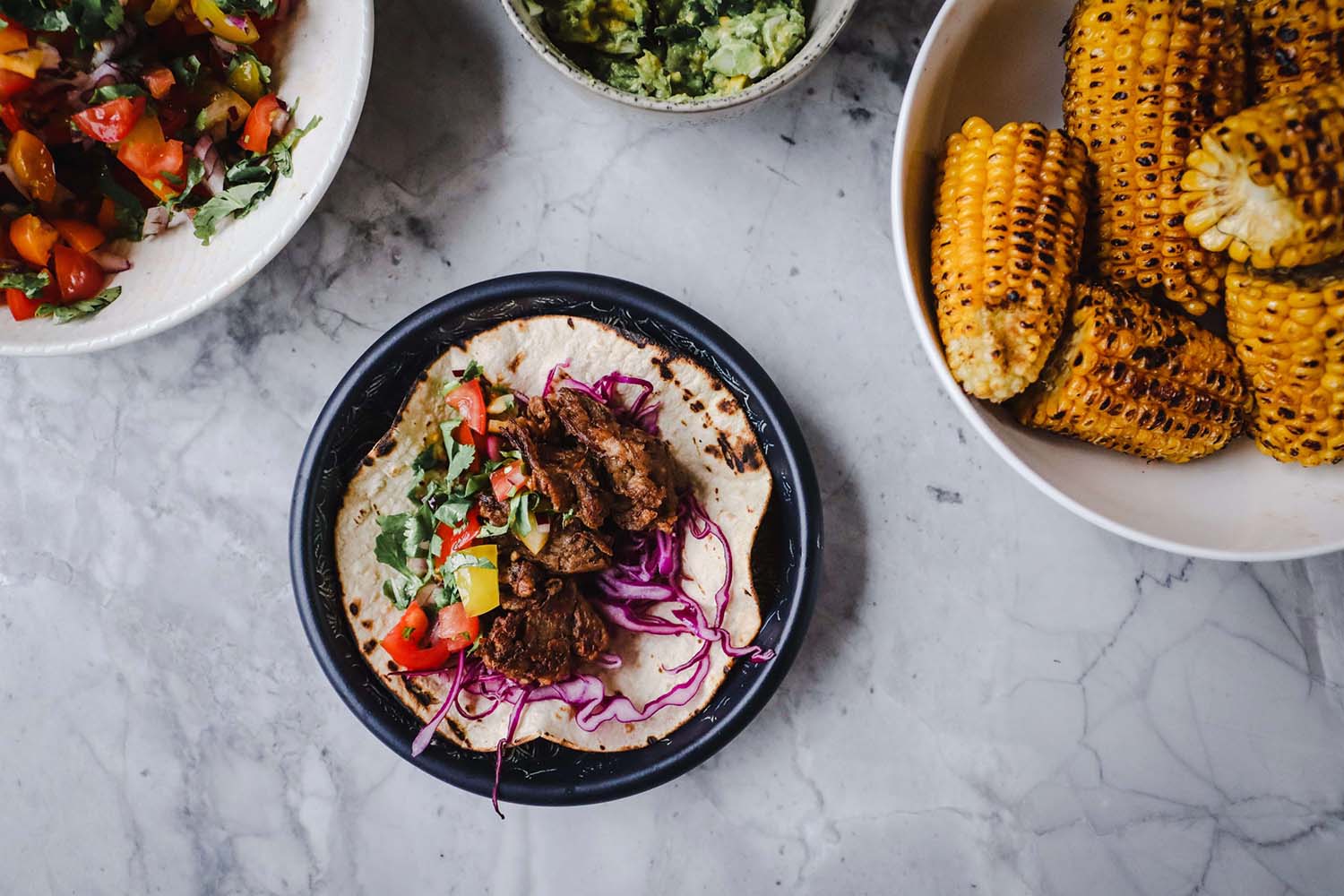
Red wine has nearly always traditionally paired with meat, from beef, lamb and pork. Go to a posh restaurant anywhere in town and there’s a good chance the suggested pairing of their signature red is an indulgent platter of charcuterie or a marbled ribeye. After all, this is the safest pairing there is and who doesn’t love steak with a big and bold Syrah?
Then there comes the other end of food pairing which often involves white wine with white meat… think fresh seafood and chicken. What do we do when we take meat out of our diets, will we get the same pairing experience with our favourite cuvees?
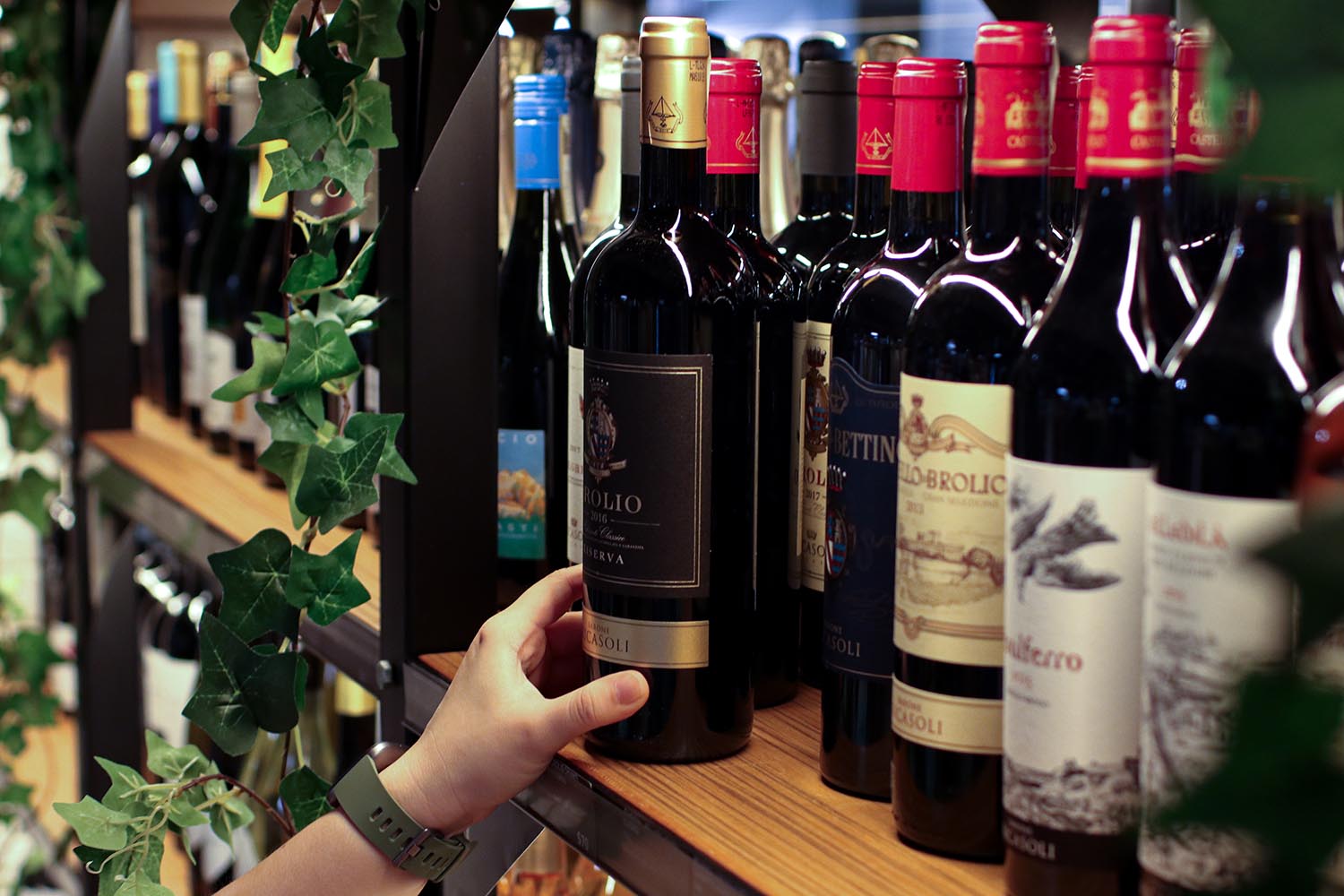
What we Suggest
Choosing a bottle of wine now seem much more of an intricate process, as we throw aside our usual comprehension of wine pairing. Even if you are leaning towards the preference of green salads, mushrooms and tomato-based dishes, there may be some genuinely tasty matches that don’t diminish your beautifully cellared red.
Salads and green vegetables are almost automatic written off for reds as they pair best with the white wines, but the other categories look more promising. Then again, that really depends on the richness of your dressing – heavier dressings could potentially be a great match for light-bodied red like the Pinot Noir. For mushrooms, lighter reds like the Beaujolais call for the commonly available sauteed mushrooms.
For richer reds like Chianti, Sangiovese and even Bordeaux, enter the porcini or thick indulgent mushroom risottos. It also would not be a tough ask for us to suggest that woodfired pizzas bedecked with earthy fungi be accompanied with a tasteful glass of Spanish Tempranillo, Garnacha, Beaujolais, Cotes du Rhone, Sancerre Rouge and any Rose wines. Try a Lambrusco for that added zest!
For tomato-based dishes, the options get even more exciting with pasta drenched in intense sun-baked tomato or passata sauces offering the perfect veggie partner for your favourite Sangioveses such as the Ridolfi Rosso di Montalcino or Ricasoli Brolio Chianti Classico. The Villa Sparina Barbera works great too! Like the ever-versatile tomato, root vegetables and squashes also offer a cornucopia of rich, hearty dishes that will do just fine with any Mediterranean red. Sweet potatoes and spicy vegetarian stews are ideal companions for New Zealand Pinot Noir or fruity Merlots, and anything involving meaty eggplant is going to be just magic with Primitivo and Sangiovese. Although the more tannic wines like Cabernet Sauvignon and Shiraz may offer more of a challenge, again, it’s worth looking to the “meatier” dishes like vegetarian lasagne, bolognese or stroganoff.
Not sure what is planned for dinner? This is where we’d often go for a versatile wine, such as the Bodegas Krontiras Natural Malbec. This is a marvellous pairing wine because of its lack of oak, full-bodied palate with a very good level of acidity, which makes it a brilliant pairing wine. The wine goes well with a wide variety of dishes: vegetable dishes of a variety of cuisines and even chocolate-based desserts to name a few. The Clos Triguedina Malbec du Clos also has no oak which gives it a certain versatility in pairing.
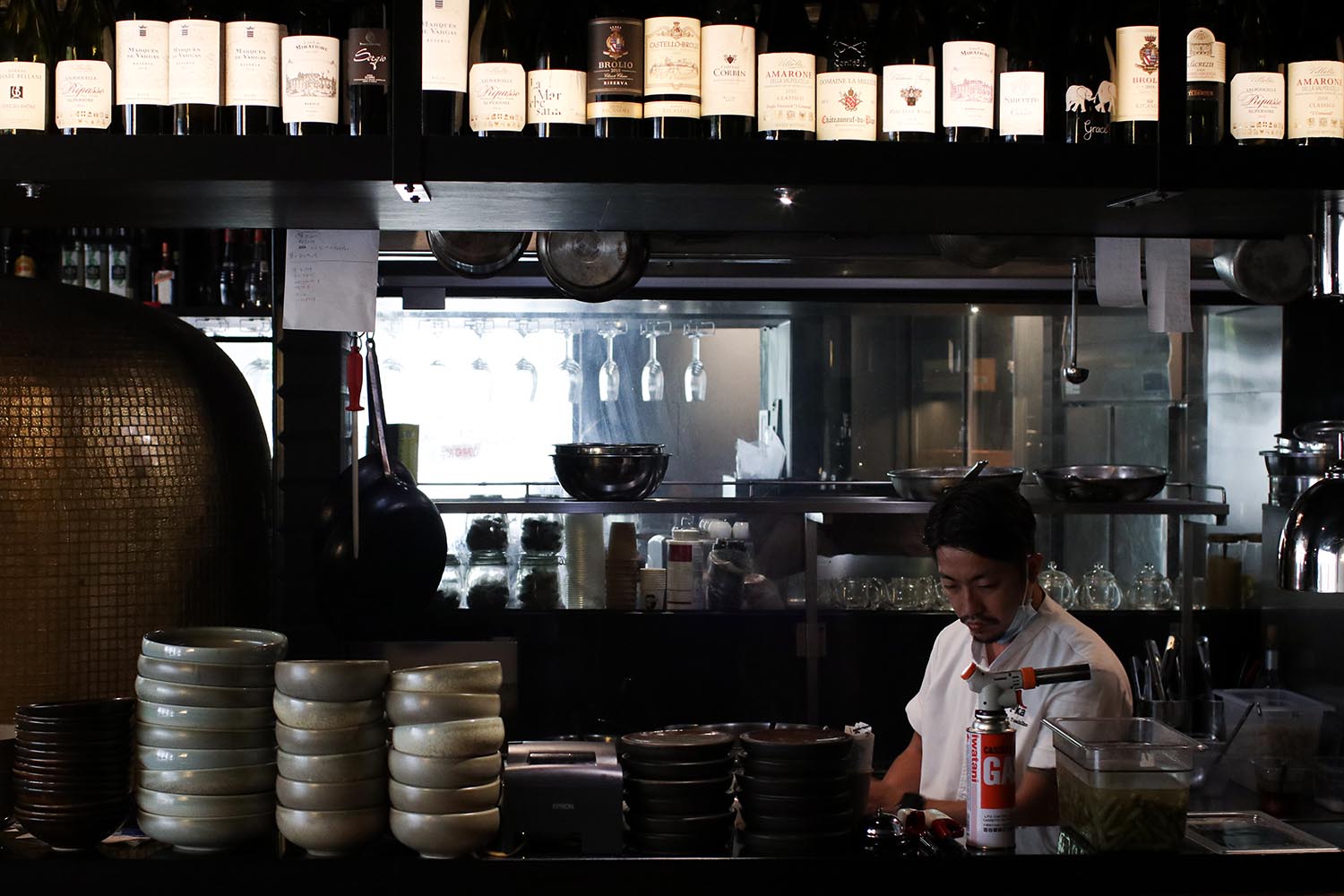
Limitless Possibilities
Now, the pairing options are generally limitless, with the vast array of vegan / vegetarian options available. What is crucial in the pairing process usually takes into account the richness of the sauce / dressing used, since there could be a wide variety in styles.
Until you try experimenting and pairing your top-drawer Cabernet with a lovingly home-made vegetarian rotolo – you never know, you might just like it!
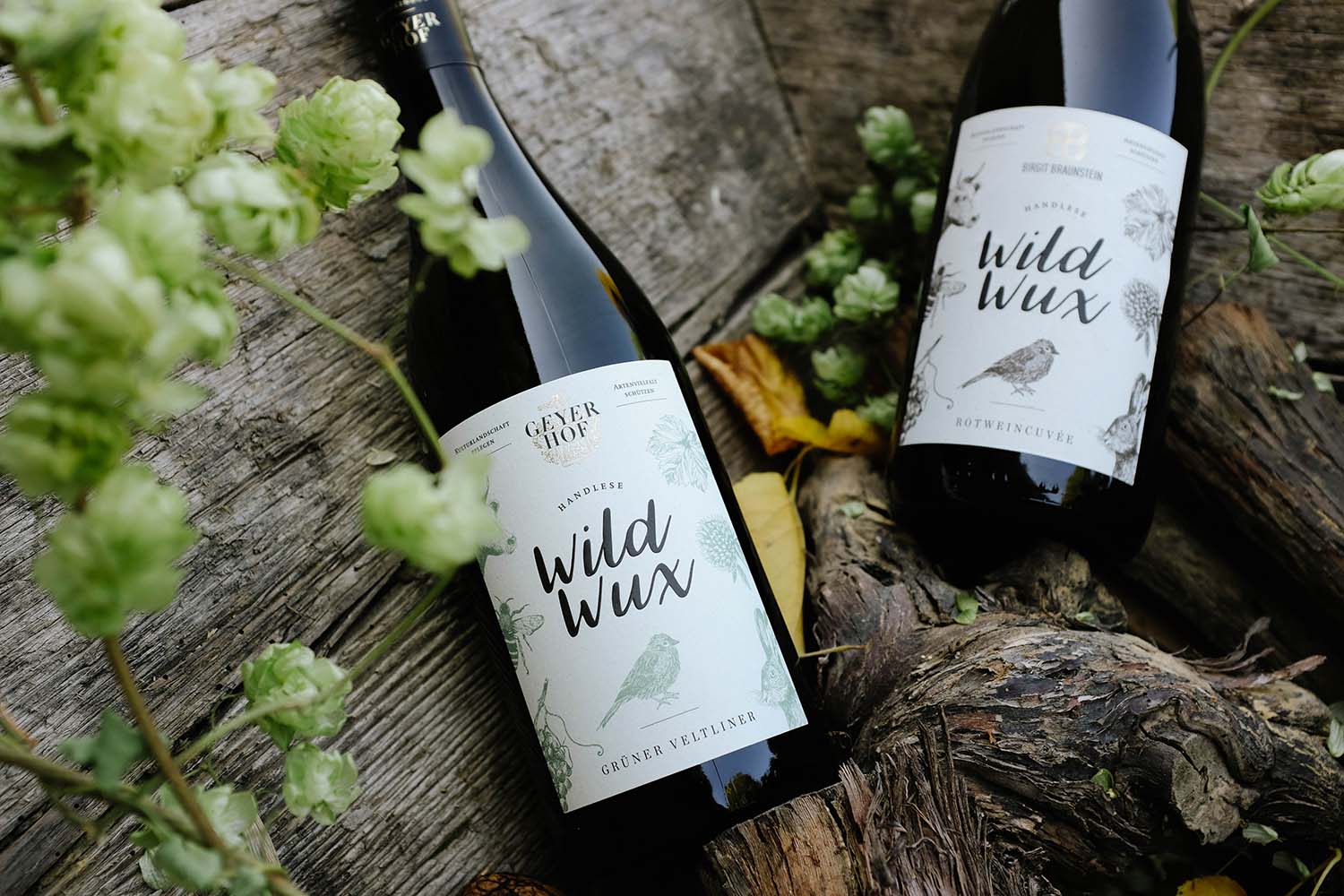
Going Vegan with Wines
If you are already on a Vegan diet, you probably would be motivated to pair your dining experience with a Vegan-friendly wine. Though not all wines are Vegan-friendly, so you’ll have to probably pay close attention to some of the details below.
Defining Vegan wines is actually quite simple – They are basically wines without the use of any animal or meat products. We all know wines are made from fermented grape juice. Yeasts then convert the grape juice sugars into alcohol. These seem to be rather vegan-friendly at this point. Though if we delve deeper into various aspects of winemaking, there are more to this.
The reason that all wines are not vegan or even vegetarian-friendly has to do with how the wine is clarified and a process called ‘fining’. All young wines are hazy and contain tiny molecules such as proteins, tartrates, tannins and phenolics. These are all-natural and in no way harmful. However, we wine-drinkers like our wines to be clear and bright.
Most wines, if left long enough, will self-stabilize and self-fine. However, traditionally producers have used a variety of aids called ‘fining agents’ to help the process along. Some of the most common fining agents include casein (a milk protein), albumin (egg whites), gelatin (animal protein) and isinglass (fish bladder protein). Fining agents help precipitate out these haze-inducing molecules. These fining agents are usually made from animal-derived products, which then makes the wine off-limits for vegans.
In most cases, natural and biodynamic wines tend to be vegan-friendly due to their winemaking processes – most of these wines are ‘un-fined’ as fining tends to strip out a lot of the natural components of the wine which ultimately add to its flavour, texture and authenticity.
It is not easy to identify vegan-friendly wines, as most of them will not have such specifications labelled on the bottles. It may be best to dive into the specifics of winemaking, to make absolutely sure that no animal-derived products are used in winemaking.
We recommend some of our Vegan-friendly wineries:





